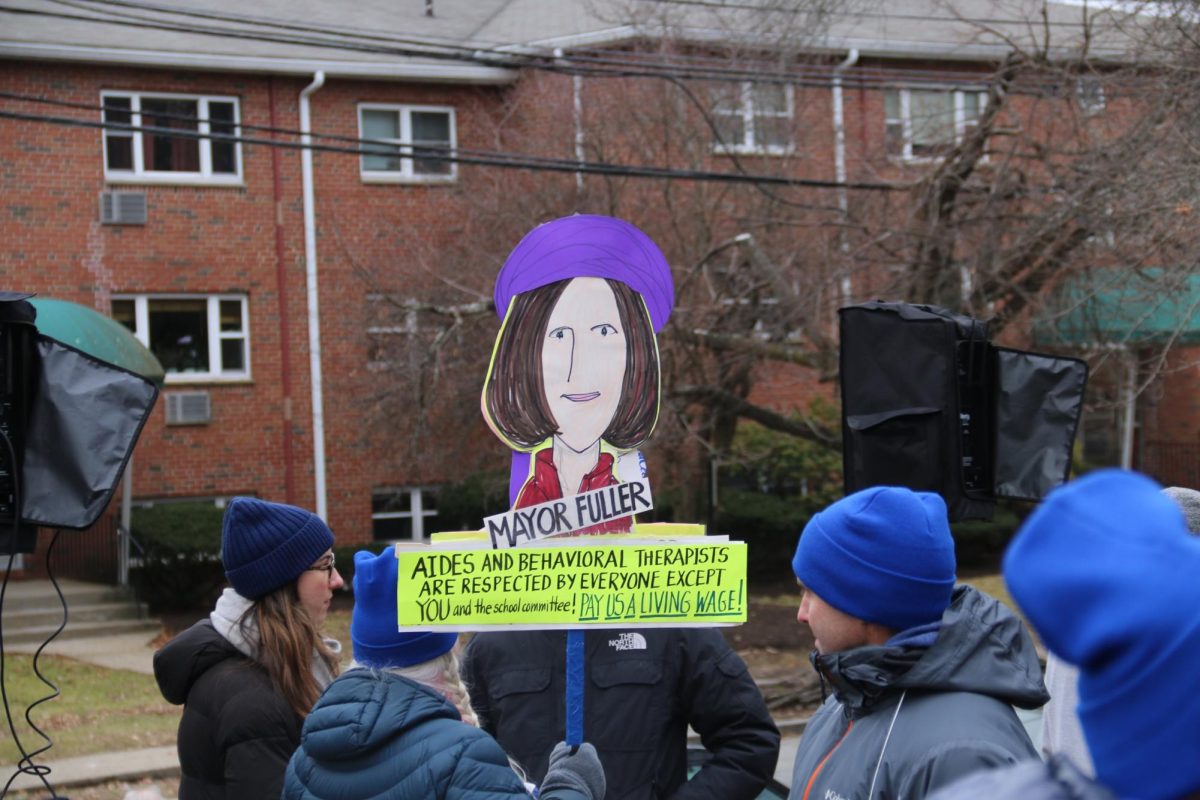
When most people look at cashews, they see a nut that they may or may not like. When I look at a cashew, I see something as deadly as ingesting poison, because I have a severe tree nut allergy.
Unfortunately, some students with food allergies do not have EpiPens, the medicine necessary to treat an allergic reaction. Because of this, there should always be two easily-accessible EpiPens in the cafeteria and in the Tiger’s Loft. Additionally, students should be taught about food allergies and proper use of EpiPens in Sexuality and Health class.
According to a 2010 Food Allergy and Anaphylaxis study, almost six million children, or eight percent of kids, have food allergies, with 40 percent of them having severe reactions. With so many students at risk, it is obvious that to protect students’ safety there should be EpiPens at the ready in case of emergencies.
Last year, a girl in Virginia died as a result of an allergic reaction she had during school. Sadly, if there had been an easily-accessible EpiPens in the building, the tragedy could have been prevented. Placing EpiPens in the cafeteria would lead to a better response if an allergic reaction were to occur at school.
In addition to having EpiPens available, this school should teach a small unit on food allergies and allergic reactions in Health and Sexuality class. During the unit, students could learn how to recognize when someone is having an allergic reaction and how to properly use an EpiPen in the case of a reaction.
Defibrillators are placed throughout the building even though the chances of a heart attack are slim. Why not take a preventative measure against life-threatening allergic reactions? The cost is small compared to the benefits of saving a life. So even if the medicine is never used, it should be there, just in case something horrible ever does happen.








































